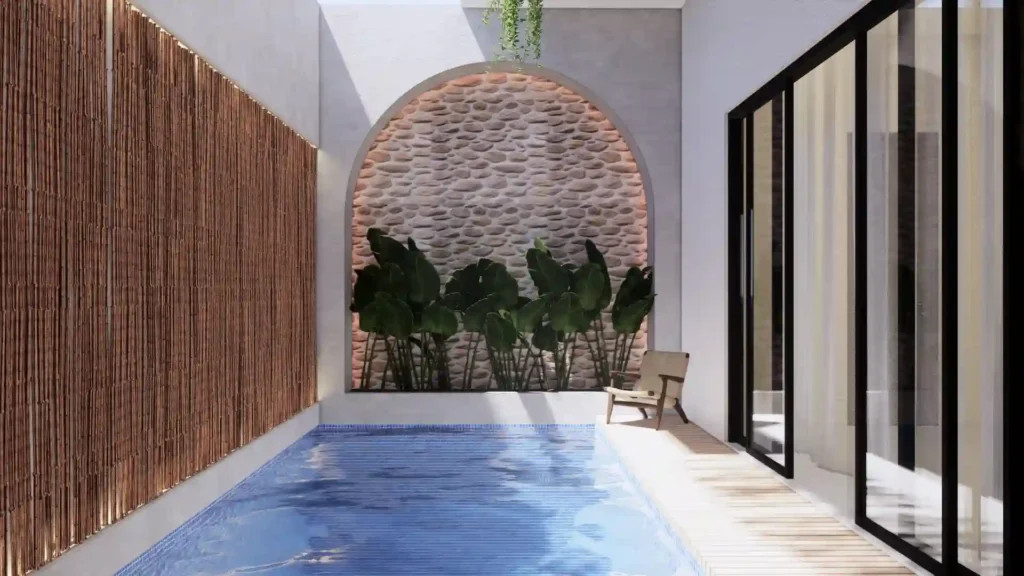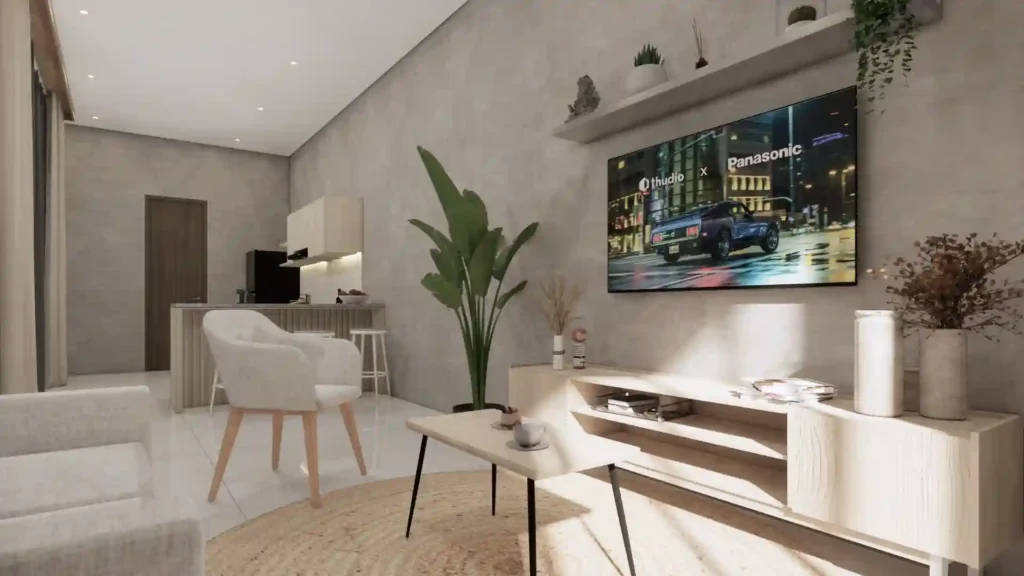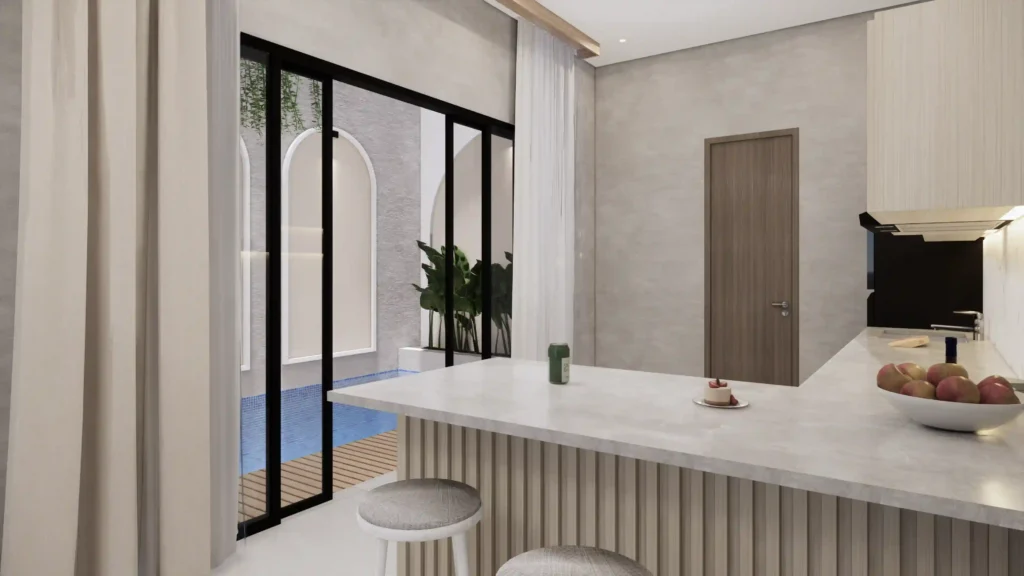
Buying land or a villa on the Island of the Gods is a dream shared by retirees, digital nomads, and investors alike. Yet how to buy property in Bali is not as simple as picking your favorite beach and signing a deed—Indonesia has unique regulations that every foreign or domestic buyer must respect. This guide walks Bali‑focused property buyers through the essentials, from legal structures to closing the deal, so you can pursue your slice of paradise with confidence.
Understanding Regulations: How to Buy Property in Bali
Indonesia restricts direct freehold ownership by foreigners, so knowing how to buy property in Bali legally is step one. The government offers two main pathways:
- Hak Pakai (Right to Use)—a long‑term, renewable lease granted to foreigners for residential purposes (initially up to 30 years, extendable).
- Leasehold Contracts—private agreements, typically 25–30 years, that transfer use of the land but not the title.
Indonesian citizens can buy freehold (Hak Milik), and married couples with one foreign spouse must structure ownership carefully. Whether you are an expat or an Indonesian buyer, consulting a notary (PPAT) familiar with Bali’s zoning (RTRW) ensures the land you love is zoned for the purpose you intend—residential, commercial, or tourism.
Step‑by‑Step Purchase Process
A clear timeline keeps how to buy property in Bali on track while safeguarding your funds and rights:
- Pre‑check the certificate with the Land Office (BPN) to rule out liens or disputes.
- Sign a preliminary sale & purchase agreement (Perjanjian Pengikatan Jual Beli), usually with a 10 % deposit held in escrow.
- Due‑diligence period (two‑four weeks) covers land surveys, building permits (IMB/PBG), and tax checks.
- Final deed signing before a notary, who submits the transfer for BPN registration.
- Payment of taxes & fees—the seller pays 2.5 % income tax; the buyer covers 5 % transfer duty plus notary costs.

Financial Considerations
Because how to buy property in Bali involves multiple currencies and fees, budgeting accurately is crucial:
• Total deal cost = purchase price + 5 % transfer duty + 1–2 % notary/PPAT + due‑diligence fees.
• Currency strategy—most sellers quote prices in IDR or USD; fluctuations can shift final costs.
• Holding expenses—annual land/building tax (PBB) is low, but maintenance, staff, and utilities add up; lease renewals are negotiated years in advance.
Working with Local Professionals
Even seasoned investors rely on local expertise when mastering how to buy property in Bali: real‑estate agents vet listings, lawyers draft bilingual contracts, notaries seal transactions, and tax advisers optimise ongoing obligations. Choose licensed agents who disclose their commissions and provide references. A solid team prevents hidden zoning glitches, illegal building extensions, or inflated prices that plague newcomers.

Conclusion
Understanding how to buy property in Bali means combining legal awareness, financial planning, and reliable guidance. Check land titles, respect zoning rules, budget beyond the sticker price, and partner with qualified Indonesians who know the process inside out. With those safeguards, you can secure a home or investment that weathers currency swings, regulatory tweaks, and Bali’s ever‑changing real‑estate tides.
FAQ
1. Can foreigners own freehold land in Bali?
No. Foreigners use Hak Pakai or long‑term leasehold structures.
2. How long does a typical leasehold last?
Commonly 25–30 years, with extensions written into the contract.
3. What taxes are due on purchase?
Buyers pay 5 % transfer duty; sellers pay 2.5 % capital‑gain tax, plus notary fees on both sides.
4. Is due diligence really necessary if the land has a certificate?
Yes—certificates can hide liens, zoning breaches, or boundary disputes. Always verify at BPN.
5. Can I get a mortgage in Indonesia as a foreigner?
It’s rare; most foreign buyers use cash or offshore financing. Indonesian citizens can access local bank loans.
6. What happens when my lease ends?
You renegotiate with the freehold owner; therefore, extension terms should be pre‑agreed in the original contract.
7. Do I need a local company (PT PMA) to buy commercial property?
If the project is commercial (hotel, resort), a PT PMA structure allows longer Hak Guna Bangunan rights, but set‑up and reporting costs are higher.
8. How do I check zoning in Bali?
Request a zoning (RTRW) map and spatial plan letter (ITR) from the local government (Pemkab/Pemkot) before signing.
9. What ongoing fees should I budget for?
Annual land‑building tax, Banjar community fees, staff wages, and villa maintenance; estimate 3–5 % of property value per year.
If you are interested in finding out more information about property in Bali, you can visit our website at www.buypropertyinbali.com.au. You can also click on the WhatsApp link (+62)818998818 (Mr. Fajar) to connect directly with our team.
